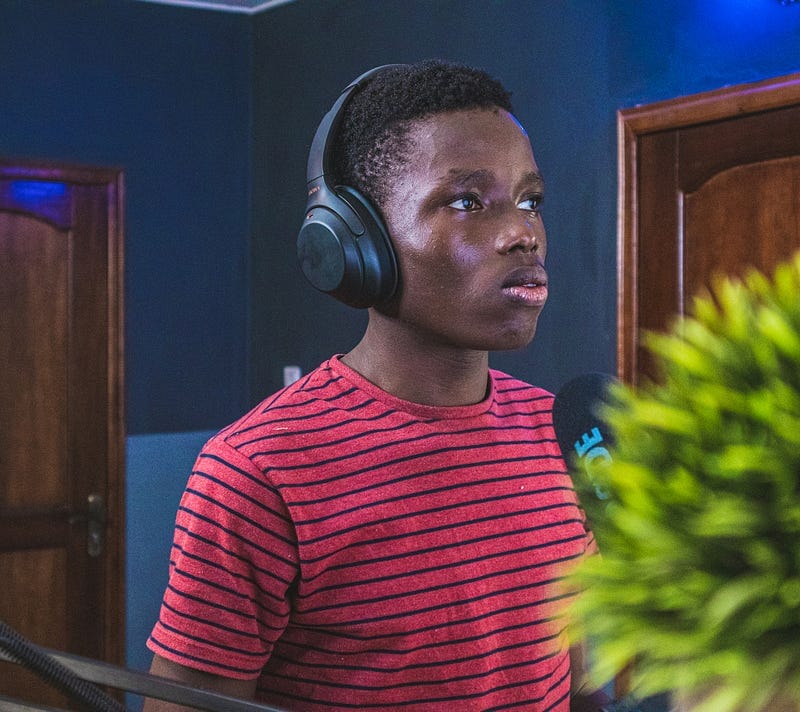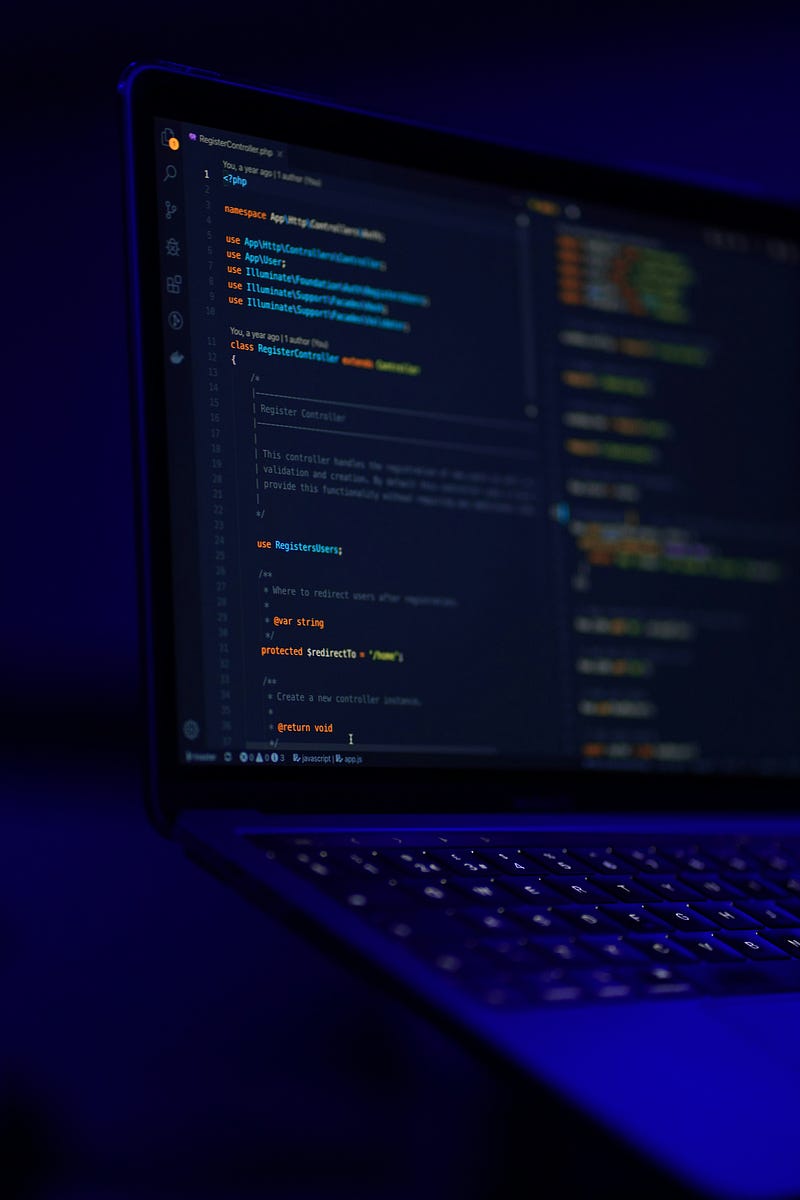5 Mindset Shifts That Made Me a Better Developer
These five mindset shifts transformed how I learn, code, and grow as a developer — and they might do the same for you.

I used to think better code came from better tools — turns out, it came from better thinking.
5 Mindset Shifts That Made Me a Better Developer
“Your mindset determines your trajectory — not your skillset.”
When I started out in software development, I believed that learning the latest frameworks or mastering a new language was the key to success. And while technical skills are undeniably important, I’ve learned over time that mindset plays an even bigger role in shaping who you become as a developer.
Here are five powerful mindset shifts that transformed how I approach code, collaboration, and continuous learning — and ultimately made me a much better developer.
1. From “I need to know everything” to “I just need to know how to learn”
Early in my career, I felt overwhelmed by how much there was to learn. New tools popped up daily. Stack Overflow was my second home. And I constantly feared being exposed for not knowing enough.
Then I realized: Even the most experienced developers don’t know everything. They’ve just mastered the art of learning on the fly.
Once I let go of the need to “know it all” and focused instead on being resourceful, everything changed. I became faster at debugging, more confident in picking up new tech stacks, and less stressed during code reviews.
Try this: Spend 30 minutes a week exploring something you don’t understand — not to master it, but to get comfortable with being a beginner again.
2. From “It works on my machine” to “Will this work for everyone?”
At first, my only goal was to get the code working. Once it ran without errors on my local machine, I considered the job done.
But over time, I realized that good code isn’t just about functionality — it’s about reliability, portability, and clarity. Can someone else understand it? Will it behave the same way in production? Can it scale?
Shifting to a mindset of systems thinking — thinking beyond my environment and anticipating how my code interacts with others — made me a stronger team player and more valuable in collaborative settings.
Try this: Next time your code works, ask: “If someone else had to maintain this tomorrow, would they thank me or curse me?”
3. From “This is my code” to “This is our code”
I used to take pride in “owning” code — sometimes to the point of being defensive about changes or feedback.
But the best developers I’ve worked with treat code as a shared asset, not personal property. They welcome pull requests, celebrate improvements (even to their own code), and focus on what’s best for the team, not their ego.
The moment I embraced collective ownership, my code improved. So did my relationships with colleagues. I started learning more from peer reviews than from any tutorial.
Try this: The next time someone suggests a change to your code, pause before defending. Ask yourself: “What can I learn from this?”
4. From “Perfection” to “Progress”
I used to obsess over writing the perfect function or designing the most elegant architecture before pushing anything.
This often led to paralysis by analysis. Projects stalled. Feedback came too late. And ironically, bugs still made it through.
The mindset shift? Optimize for progress over perfection. Ship early, get feedback fast, and iterate continuously. Software is never really done — and that’s okay.
Try this: The next time you hesitate to ship, remind yourself: “Real users don’t care about elegant code. They care about working software.”
5. From “I’m just a developer” to “I solve problems”
It’s easy to see ourselves as “just the coder.” But the most impactful developers I know go beyond the code. They ask deeper questions:
- Why are we building this?
- What problem is this solving?
- Is this the best approach for the user or just the easiest to implement?
This shift — from code monkey to problem-solver — changed how I approach every task. It gave my work purpose. And it made me indispensable to teams that value critical thinking as much as clean code.
Try this: In your next task, zoom out. Ask yourself: “What’s the actual problem I’m solving here — and is this the best way to solve it?”
Final Thoughts
These mindset shifts didn’t happen overnight. They came from painful mistakes, late-night debugging sessions, and lessons learned from developers far better than me.
But if there’s one thing I’ve learned, it’s this: Your mindset shapes your growth. And growth, not genius, is what makes a great developer.
Keep learning. Stay curious. And never stop challenging the way you think.
Which mindset resonated most with you? Let me know in the comments — I’d love to hear how your thinking has evolved as a developer.





